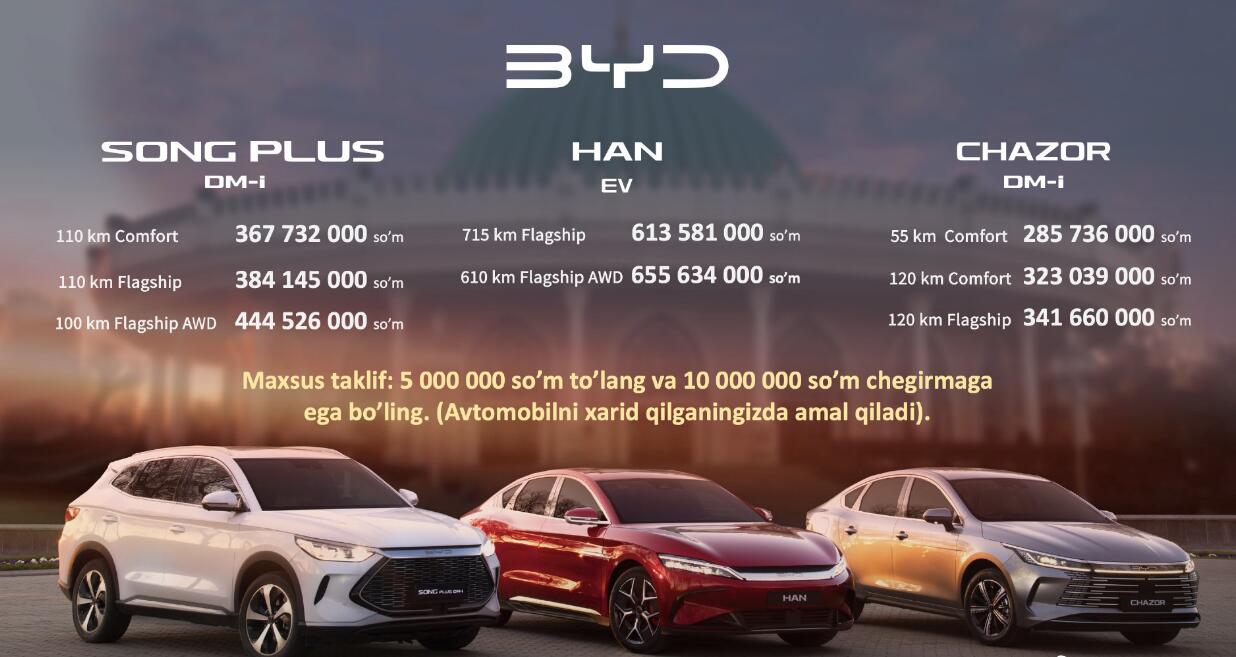BYD has asked some workers at its Xi'an plant to work only four days a week and shifts at its Shenzhen plant have been reduced from three shifts a day to two shifts a day, according to a report from Reuters.

(Image credit: CnEVPost)
BYD (OTCMKTS: BYDDY), China's largest new energy vehicle (NEV) maker, has reduced shifts at two plants, a new report said, as consumer demand for EVs weakens.
BYD has asked some workers at its Xi'an plant, its largest manufacturing hub, to work only four days a week, with the plant running two eight-hour shifts a day, Reuters said in a report today, citing an internal memo and three people familiar with the matter.
BYD also reduced shifts at its Shenzhen plant, which makes the Han sedan, from three shifts a day to two shifts a day, according to the report.
BYD did not give a reason for the reduction in shifts in the memo, the Reuters report said. One of the people said BYD is scaling back production in the face of weak industry-wide demand in China since the beginning of the year, according to the report.
It was not possible to determine how long BYD's shift reductions will last and whether its other three assembly plants in China are being affected by the change in production schedules, the report noted.
BYD has been growing rapidly and taking market share in China. But it has also been slowing production since the beginning of this year, when sales across the industry began to slow and China ended its state subsidy program for NEVs, the report said.
The NEV maker sold 193,655 units in February, up 27.96 percent from 151,341 units in January and up 119.36 percent from 88,283 units a year earlier, data it released on March 1 showed.
After Tesla's sharp price cut in China in early January, several NEV makers followed suit. During the month, traditional fuel car makers began offering significant official discounts, bringing about a widespread price war.
On March 9, BYD also began offering discounts on Song Plus as well as Seal models, as the price war intensifies.
Analysts believe aggressive discounts have created some demand as other automakers have followed Tesla into what has become a price war for market share, but inventories have been rising across the industry, the Reuters report today noted.
At the end of February, China's passenger car inventory stood at 3.41 million units, up 2.4 percent from 3.33 million units in January, according to data released last week by the China Passenger Car Association (CPCA).
China's fuel vehicle market was slower to stabilize in February, leading to higher inventories at manufacturers and dealers at the end of February, the CPCA said.

BYD offers discounts for Song and Seal as China's auto price war intensifies



